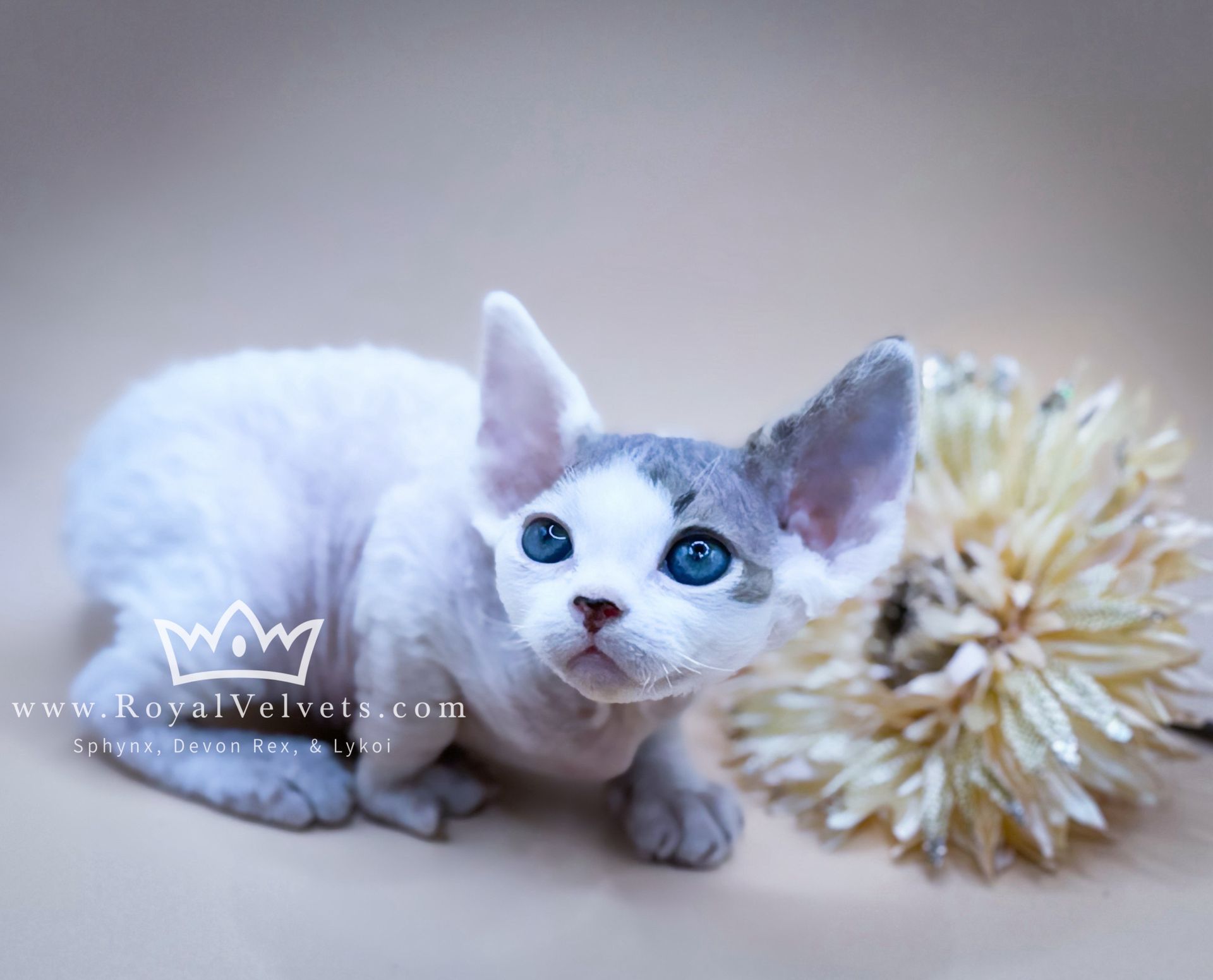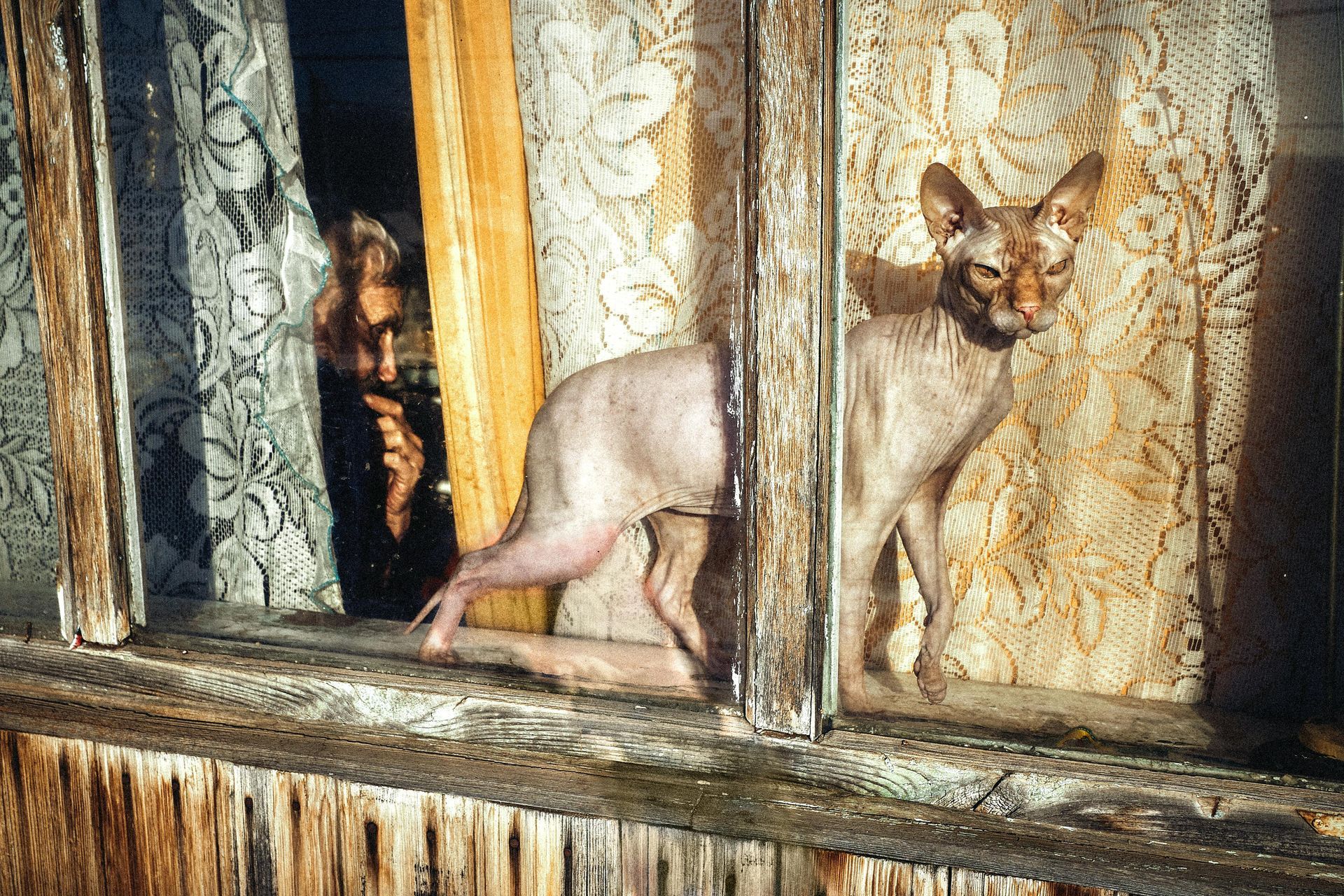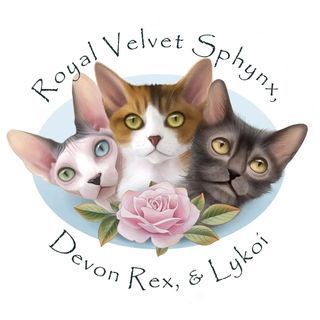Ever wondered where to find a Sphynx cat for sale in Nashville, TN? The quest for a unique pet often leads many to the distinctive charm of the Sphynx cat. Known for their playful personality and hairless appearance, these felines offer an unparalleled companionship. In Nashville, the search for a feline friend like a Sphynx cat can seem daunting amidst the city's bustling pet scene, but with the right guidance and understanding of what makes these cats such a special addition to any home, finding your next feline friend can be a smooth and exciting journey.
Key Takeaways
- When searching for a Sphynx cat for sale in Nashville, TN, prioritize finding reputable breeders who provide comprehensive post-adoption support and health guarantees.
- Understanding the unique characteristics of Sphynx cats, including their hairlessness and personality traits, is crucial before making a commitment to adopt.
- The adoption process for a Sphynx cat involves several steps, including choosing the right breeder, meeting the kitten, and understanding the care requirements of these special pets.
- Health and wellness are paramount for Sphynx cats due to their specific needs; prospective owners should be prepared for regular vet visits and specific grooming routines.
- For first-time Sphynx owners, seeking guidance from experienced breeders and joining community groups can offer invaluable support and advice.
- Always ensure that the available kittens come from ethical breeding practices that prioritize the health, well-being, and socialization of the cats over profit.
Discovering Sphynx Cats
Origins
Sphynx cats stand out due to their hairless appearance. They originated in the 1960s through natural genetic mutation, becoming a site for those with cat allergies to find a feline friend. This breed's unique look sparks interest and curiosity.
They are known for their energetic and affectionate nature. Unlike other cats, Sphynxes seek warmth and companionship, often found cuddling with their owners.
Traits
Their hairlessness is not just a visual trait; it impacts their care needs and cat allergies. Sphynx cats require regular bathing to remove oil buildup on their skin. Despite the lack of fur, they are not truly hypoallergenic but can be easier on allergy sufferers than other breeds.
These feline friends boast a playful and loving demeanor. They form strong bonds with their families, making them excellent companions.
Misconceptions
Some believe Sphynx cats are high-maintenance or have poor litter box habits. However, with proper care and attention to their litter box aversion, these issues can be managed effectively.
Contrary to some opinions, Sphynx cats are not aloof but rather highly social and enjoy being involved in family activities.
Available Hairless Kittens
Breed Variety
Hairless kittens come in various breeds, including Sphynx, Bambino, Dwelf, and Elf. Each breed has unique features and personalities that cater to different preferences.
Breeders in Nashville offer a wide range of colors and eye colors. This variety ensures potential owners can find a kitten that matches their aesthetic preferences.
Selecting Kittens
Choosing the right kitten involves considering lifestyle and personal preferences. For those with cat allergies, hairless cats are often touted as hypoallergenic pets. However, it's crucial to spend time with the cat before making a decision, as some people may still react to their saliva.
The selection process also includes considering the space for litter boxes and the kitten's activity level. Each breed has its own need for engagement and space to explore.
Socialization Importance
Early socialization plays a critical role in developing a loving and cuddly nature in hairless kittens. Breeders in Nashville emphasize this aspect, ensuring each kitten is well-adjusted to human interaction.
This early bonding makes them ideal companions for families or individuals seeking affectionate pets.
Adoption Process Overview
Initial Inquiry
After finding a Sphynx kitten you're interested in from available hairless kittens, the first step is to reach out to the cattery. They will provide detailed information about the kittens, including their health status and personality traits. This initial communication is crucial for both parties to ensure a good match between the kitten and its potential new family.
It's also an opportunity to ask questions about Sphynx cat care, which is vital due to their unique needs. The cattery aims to build a relationship of trust and understanding with prospective owners from the start.
Application Submission
The next step involves submitting an application. This form helps the cattery assess if your home environment and lifestyle are suitable for a Sphynx cat. It includes questions about previous pet ownership, your living situation, and how you plan to care for the cat.
Meeting & Finalization
If your application is approved, a meeting will be arranged. This can be either virtual or in-person, depending on location and logistics. During this meeting, you can interact with the kitten and ask any remaining questions.
Once everything is agreed upon, you'll proceed with finalizing the adoption. This includes signing an adoption contract that outlines the responsibilities of owning a Sphynx cat and arranging for payment.
Bringing Kitten Home
Finally, it's time to bring your new family member home. The cattery provides guidance on transitioning the kitten to its new environment and offers support for any questions that arise after adoption.
Choosing Reputable Breeders
Experience Matters
Finding a Sphynx cat for sale in Nashville, TN, requires careful consideration of the breeder's experience. A Nashville cattery with over 20 years in the business stands out. This longevity signals a commitment to breeding healthy and well-socialized cats.
Experience breeds expertise. Breeders with decades under their belt know how to care for Sphynx cats properly. They prioritize health and socialization from birth.
Transparency Key
When scouting for a reputable breeder, transparency is crucial. Look for breeders who are open about their breeding practices and health screenings. They should provide comprehensive health guarantees for their kittens.
A trustworthy breeder welcomes questions. They should be eager to share information about the kitten's lineage and health history.
Positive Reviews
Positive feedback from previous buyers is invaluable. It offers insights into the breeder's reputation within the community. Seek out breeders with glowing testimonials across various platforms.
Reviews reflect customer satisfaction. They highlight the breeder's reliability and quality of care provided to their cats.
Visit Cattery
If possible, visit the cattery in person. This allows you to observe the living conditions firsthand and meet the kittens and breeders.
A visit can reveal much about a breeder's operations. It shows how well they maintain their facility and treat their animals.
Unique Characteristics of Sphynx
Physical Traits
The Sphynx stands out primarily for its lack of fur. This unique feature gives it a distinct appearance and a warm, soft skin that feels like suede. Their hairlessness ranges from completely bald to a fine peach fuzz covering their body. This variation includes the "rubber bald" which is completely smooth, and the "sticky bald," slightly tacky to the touch.
They have muscular bodies, wide-set eyes in vibrant hues, and large ears that give them an alert demeanor. The variety in eye color can be striking, with shades ranging from deep blue to emerald green.
Personality Quirks
Sphynx cats are known for their affectionate behavior and loyalty to their owners. They crave attention and interaction, making them excellent companions. Their playful nature and intelligence mean they're always up for games or learning tricks.
These cats often follow their owners around the house, showing a level of curiosity and sociability not seen in all cat breeds. They communicate through meows, purrs, and body language, often seeking warmth by snuggling close to their humans.
Special Care Needs
Owning a Sphynx requires understanding their special care needs. Their hairless skin is prone to oil buildup and requires regular bathing to prevent skin issues. Sun exposure must be limited to avoid burns, highlighting the importance of indoor living spaces.
Temperature regulation is crucial as they lack fur; keeping your home warm or providing sweaters during colder months can keep them comfortable. Regular vet check-ups ensure they remain healthy, focusing on heart health due to breed-specific concerns.
Health and Wellness Tips
Skin Care
Proper skin care is crucial for a Sphynx cat's health. They need regular baths to remove oil buildup. Use gentle, cat-specific shampoos.
Patience is key when bathing them. Their skin can be sensitive. Ensure they're thoroughly dried afterwards to prevent colds.
Diet Needs
Sphynx cats have high metabolism rates. They require a nutritious, balanced diet to stay healthy.
Look for high-quality cat food. It should meet their energy needs. Consult your vet for personalized advice.
Exercise Routine
Keep your Sphynx cat active and engaged. Create play areas in your home.
Use boxes and toys to encourage movement. This boosts their heart health and overall well-being.
Regular Check-ups
Schedule frequent veterinary visits. These are vital for vaccinations and preventive care.
Hairless breeds like the Sphynx are prone to certain health issues. Early detection through regular check-ups can make a big difference.
Comfortable Environment
Maintaining a warm environment is essential. Sphynx cats lack fur, which can make them susceptible to cold.
Provide warm bedding and safe spaces where they can retreat. This will ensure their comfort and safety at all times.
First-Time Owner Guidance
Home Setup
Preparing your home for a Sphynx cat involves more than just buying toys and a bed. These cats love warmth, so invest in cozy blankets and consider a heated bed. Ensure your home is draft-free and maintain a warm environment.
Sphynx cats are curious. Secure loose wires and small objects they might swallow. A dedicated space helps them feel safe. Include scratching posts to keep their nails in check.
Training Tips
Patience is key when training your Sphynx kitten. Start with simple commands like 'come' or 'sit'. Use treats as rewards. Consistency helps them learn faster.
Socializing your Sphynx is crucial. Introduce them to new people, pets, and environments gradually. Positive experiences build confidence and reduce anxiety.
Care Resources
For further learning, several resources stand out:
- The International Cat Association offers detailed care guides.
- Blog posts can provide comprehensive insights.
- Online forums and social media groups connect you with experienced Sphynx owners for advice and support.
Remember, every cat has unique needs. Observe your pet closely to tailor care accordingly.
Post-Adoption Support Importance
Cattery Commitment
After bringing a Sphynx cat into your Nashville home, the journey doesn't end. The cattery's commitment to post-adoption support is crucial. They remain available for any questions or concerns you might have. This ongoing support ensures your Sphynx cat adapts well to its new environment.
Owners often have queries about care specifics, from diet to grooming needs unique to Sphynx cats. Breeders can provide tailored advice based on their extensive experience. This direct line of communication helps tackle issues promptly, ensuring your pet's health and happiness.
Supportive Community
Joining a community of Sphynx cat owners in Nashville brings numerous benefits. It allows you to connect with others who share similar experiences. Such communities offer invaluable advice and emotional support.
They can be found online or through local pet groups. Here, you can share stories, celebrate milestones, and even organize meetups. This network becomes a vital resource for both seasoned and first-time owners.
Regular Communication
Maintaining regular communication with the breeder is essential. They appreciate updates on the cat's health and development. Sharing milestones also helps breeders improve their breeding programs.
This two-way communication fosters a strong relationship between breeders and owners. It contributes to the overall wellbeing of your Sphynx cat by ensuring they receive the best possible care throughout their life.
Summary
Embarking on the journey to bring a Sphynx cat into your Nashville home, you've navigated through discovering these unique pets, understanding what's available, and grasping the adoption process. You've learned how crucial choosing reputable breeders is, delved into the distinct characteristics of Sphynx cats, and armed yourself with health and wellness tips alongside first-time owner guidance. The importance of post-adoption support has been highlighted, ensuring you're fully prepared for this rewarding commitment. This guide aims to make your path to Sphynx cat ownership as smooth as possible, emphasizing the joy and companionship these remarkable creatures bring.
Ready to take the next step? Dive into the world of Sphynx cats with confidence, knowing you're well-informed thanks to your research and preparation. Remember, adopting a pet is a lifelong commitment that enriches your life in countless ways. Don't wait any longer; start your search for a Sphynx kitten in Nashville today and embark on an unforgettable adventure with your new feline friend.
Frequently Asked Questions
How can I find a Sphynx cat for sale in Nashville, TN?
Visit reputable breeders listed on recognized cat associations or attend local cat shows in Nashville. Ensure they follow ethical breeding practices and provide health clearances.
What should I know about the adoption process for a Sphynx cat?
The process typically involves an application, meeting the kitten, and possibly home checks. Breeders ensure you're prepared for a hairless cat's needs.
Why is it important to choose a reputable breeder for a Sphynx cat?
Reputable breeders prioritize the health, genetics, and socialization of their kittens. They offer post-adoption support and health guarantees, ensuring a healthy pet.
What are some unique characteristics of Sphynx cats?
Sphynx cats are known for their hairlessness, sociable nature, high energy levels, and love for human attention. They require regular skin care due to their lack of fur.
What health and wellness tips should Sphynx cat owners know?
Focus on regular bathing to remove oil buildup, provide a warm environment to prevent cold, and ensure routine veterinary check-ups for heart health.
What guidance is there for first-time Sphynx cat owners?
Understand the commitment to their unique care needs including skin care, warmth management, and social interaction. Prepare your home with cozy spots and engage in regular play.
How important is post-adoption support when getting a Sphynx cat?
Vital for navigating your new pet's needs. Good breeders offer advice on care, diet, and health issues specific to Sphynx cats, ensuring a smooth transition into your home.


